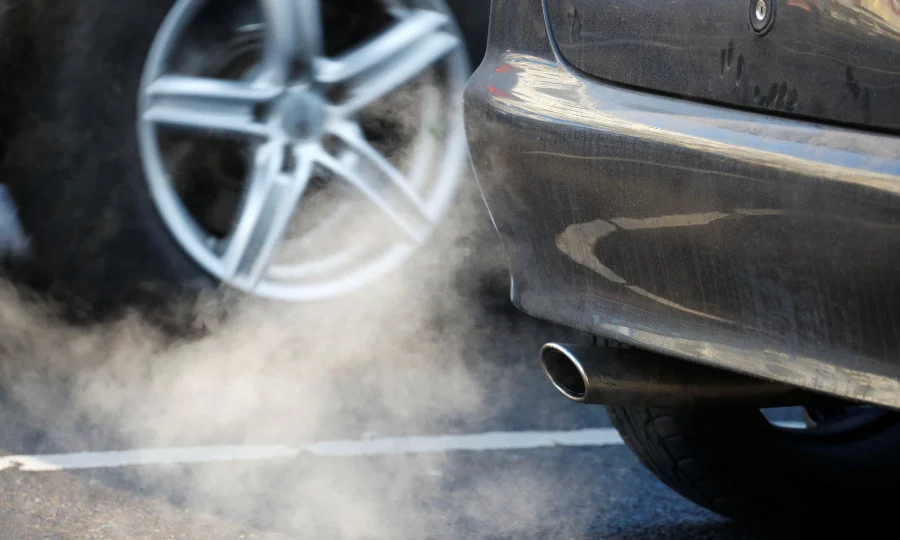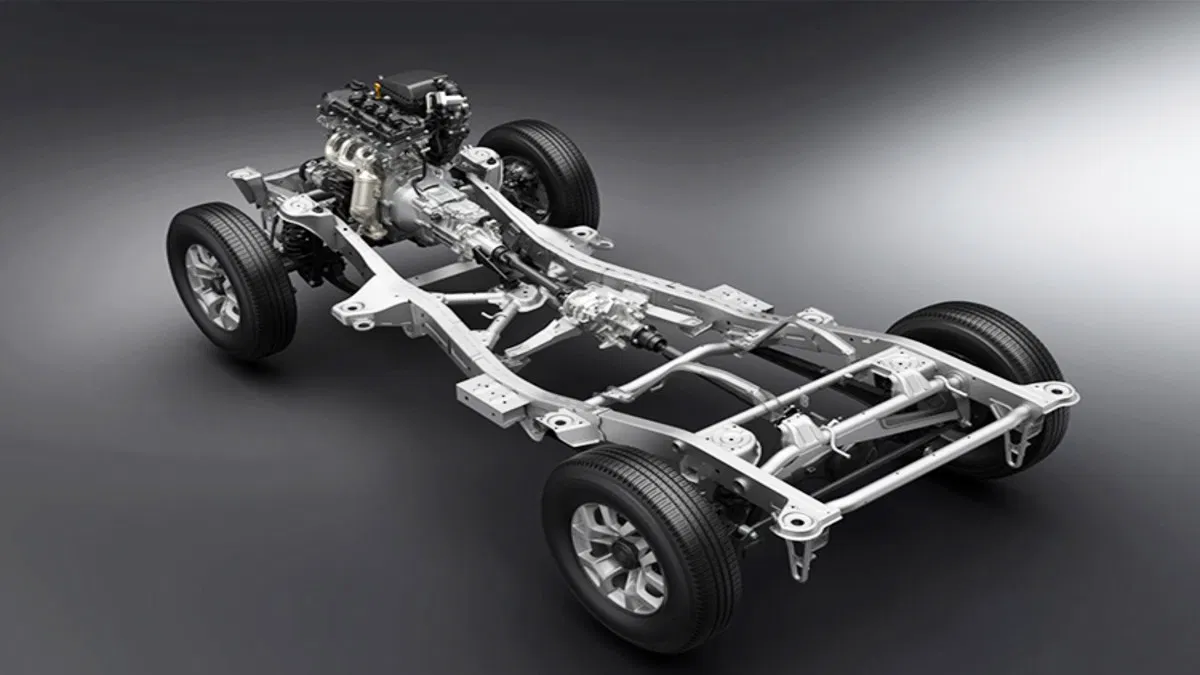How Federal Emissions Regulations Impact the Auto Industry and Buyers
Tags: Emissions Regulations

The federal government is planning to tighten its regulations on emissions, and the industry is reacting with trepidation. The proposed “Tailpipe rule,” which requires new cars to be cleaner than the current model, could force consumers to shell out extra money, while other emissions regulations would put pressure on automakers to build more fuel-efficient cars. As a result, many carmakers are struggling to find the most efficient and environmentally-friendly solutions for building and selling vehicles.
CAFE standards
Corporate Average Fuel Economy (CAFE) standards are a federal law that mandates how much fuel an automobile manufacturer must use in order to meet the average fuel efficiency of all their light trucks and passenger cars. These standards can have a positive and negative effect on the auto industry and buyers.
The original CAFE standards were put into place in the mid-1970s. They were meant to help improve the country’s energy security and cut its reliance on foreign oil.
CAFE standards apply to all manufacturers that sell over 10,000 vehicles in the United States. The regulations call for a five percent increase in fuel economy each year.
This means that the auto industry needs to design and build new and more efficient cars and trucks if they want to keep up with the demands of consumers. A high standard can affect consumer choices, especially when gas prices are low. It also increases the cost of purchasing a new vehicle, which can lead to fewer purchases.
Tailpipe rule
The tailpipe rule is a set of standards requiring automakers to make new vehicles more environmentally friendly. These regulations are aimed at reducing carbon dioxide, nitrogen oxides and other traditional combustion pollutants. Tailpipe emission limits will affect both passenger cars and light-duty trucks.
California and other states have long had the right to impose stronger vehicle emissions standards than the federal government. Those states have been successful at cleaning up their air, and are considered innovators in the field. However, the Obama administration and Trump administration weakened and restricted those rights.
The Environmental Protection Agency (EPA) and the Department of Transportation (DOT) announced plans to strengthen tailpipe standards for automobiles. This would push the fleetwide average CAFE to 35.5 miles per gallon by 2016, and 68 percent by 2026.
FTC proposal to prohibit practices like selling so-called junk fees or running misleading pricing advertisements
In the last few years, we have witnessed a plethora of regulatory and technological changes that are transforming the world of commerce. One of these is a proposed FTC regulation that will require dealers to post a detailed list of all their fees and offers online. The list should include everything they sell, plus the trade-in value of any cars that they are selling.
What’s more, it will help consumers avoid the pitfalls of junk fees and misleading price advertisements. These practices are costing consumers more money and time and may even lead to lawsuits. To help consumers avoid becoming victims of shady business practices, the FTC has a list of naughty words.
For example, the FTC has proposed a regulation that will require dealers to post a “cash price” that is free of any optional add-ons. It will also require dealers to have a written customer agreement.
Effects of tightening standards on emissions
In recent years, the auto industry has been facing increasing regulations on CO2 emissions and fuel economy. Typically, tightening standards have been expected to reduce new vehicle sales. But a new study has shown that stricter rules do not result in a significant reduction in on-road emissions. Instead, they increase the chances of non-compliance.
The Clean Air Act of 1990 is a major piece of legislation that requires reductions in tailpipe emissions of carbon monoxide, hydrocarbons, and nitrogen oxides. It also includes provisions to regulate the evaporation of gasoline during refueling.
Recent research has shown that tightening standards have an unintended effect on the auto industry and buyers. This is called the Gruenspecht effect.
CAFE standards, which are set by the US Department of Transportation, require automakers to sell fuel-efficient vehicles. These vehicles save up to $1,080 in fuel costs over their lifetime.
Toyota, Honda and Nissan are laggards in transitioning to electric vehicles
Japan’s biggest automakers lag behind their global counterparts in the transition to zero-emission vehicles. Toyota, Honda and Nissan rank notably low in a recent study by Greenpeace.
While the three automakers do have ambitious plans for electric vehicles, they are still decades away from having a fully battery-powered vehicle on the market. In fact, according to an IHS Markit report, Japanese automakers are expected to have only one percent of their sales comprise of zero-emissions vehicles by 2029.
Despite Toyota’s massive influence on customers and the car industry, its EV efforts have been lackluster. The company recently removed its Prius plug-in from the market. Instead of introducing a new, fully battery-electric vehicle, the company is investing in a series of battery-electric platforms.








